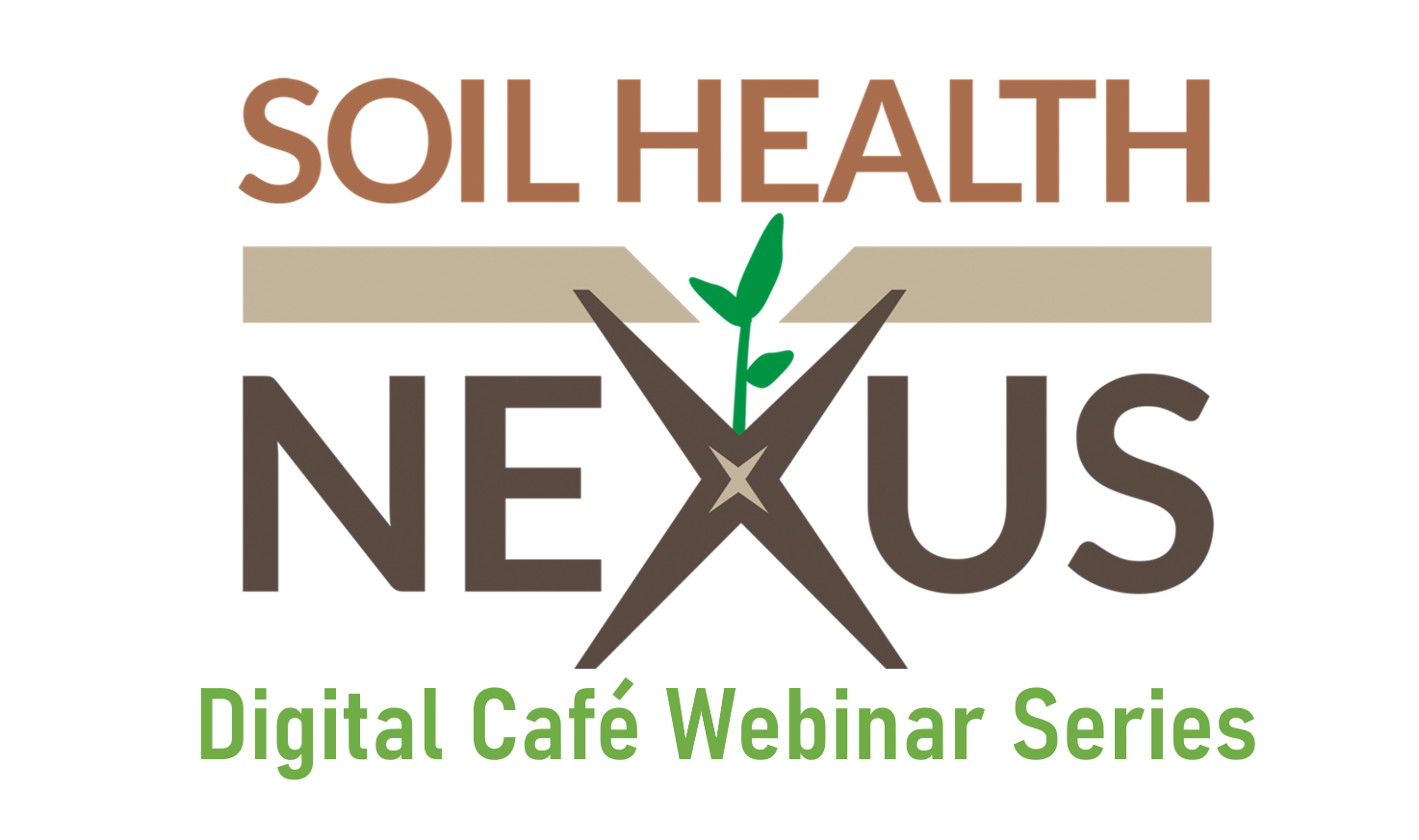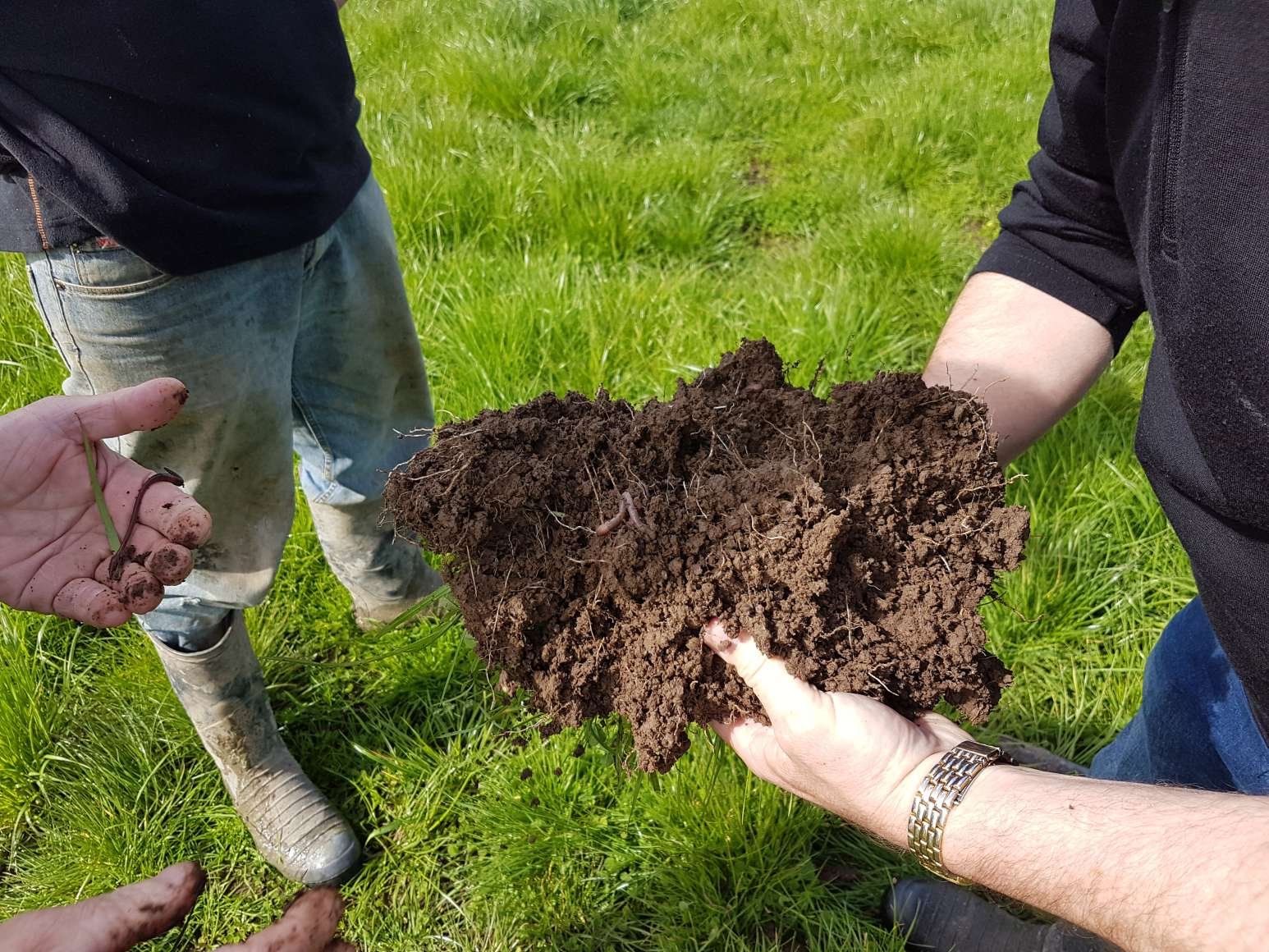Organic agriculture is a different sort of business. It is, of course, still a business, where profitability and productivity matter (how could they not, when feeding human beings is the end goal?) but it is a business of a different kind. That difference comes from its end goals: while the average view of a business makes it responsible to its shareholders and its customers, the view of organic businesses makes them responsible to their shareholders, customers and the society at large. They are responsible to the whole planet, and their responsible land stewardship practices are a display of that. It could simply be said that organic businesses do not aim to externalize their environmental, social and public health costs: they aim to have no such costs at all.
Based on this inherent ethical outlook of organic agriculture, it makes sense for all organic businesses to have a set of common principles; guiding values that can articulate what the label ‘organic’ means at a global scale. The IFOAM (the umbrella organization that gives an international, common voice to organic agriculture) has sought to do just that, by producing a list of four main principles that can be said to represent the ultimate aims of the organic movement as a whole.
The first of those principles (the rest of which we’ll explore in future entries) is health. Health understood not in the narrow sense of not being sick, but instead, as the IFOAM defines it, understood as:
…the wholeness and integrity of living systems. It is not simply the absence of illness, but the maintenance of physical, mental, social and ecological well-being. Immunity, resilience, and regeneration are key characteristics of health.
The commitment to health of organic agriculture is thus not only to the health of the people it feeds (which it also fulfills, by putting healthier food on the world’s tables), but also to the overall health of the societies in which it exists and the ecosystems within which it works. It commits itself even to the mental well-being of those that know, by its responsible (and accountable) commitment to this and the rest of its principles, that it is a system for producing food that will not harm the very humanity that serves as its end goal.
The health of these organic heads of cattle is no less important for the farmer than the health of the soil they live in, of the people that are going to be fed by them, or of those who simply live near this land, and who might be affected by inadequate management practices. Health is a complex concept, and organic agriculture aims to embrace that complexity.
Of course that, using such a broad definition, health as a principle for organic agriculture cannot be fulfilled without paying attention to other values as well. Ecology, care and fairness – none of them can truly be left out.












